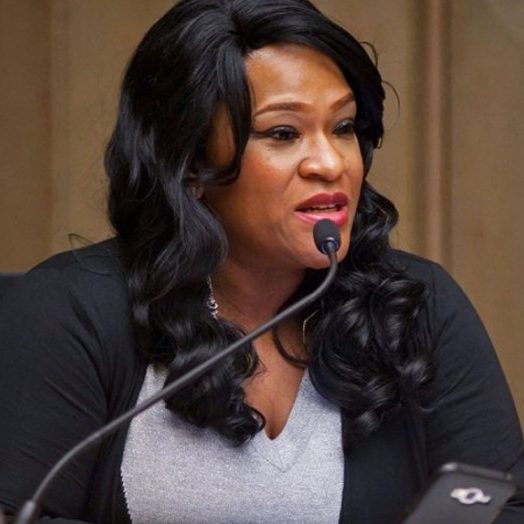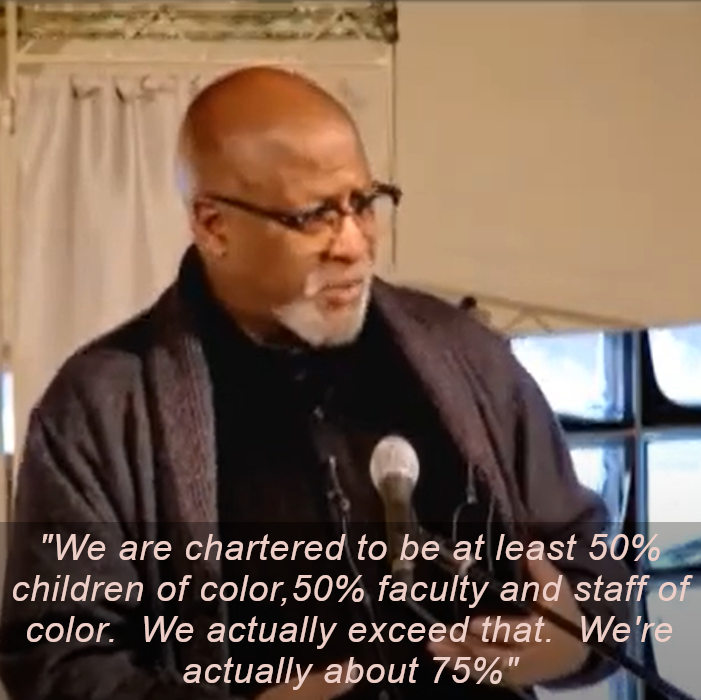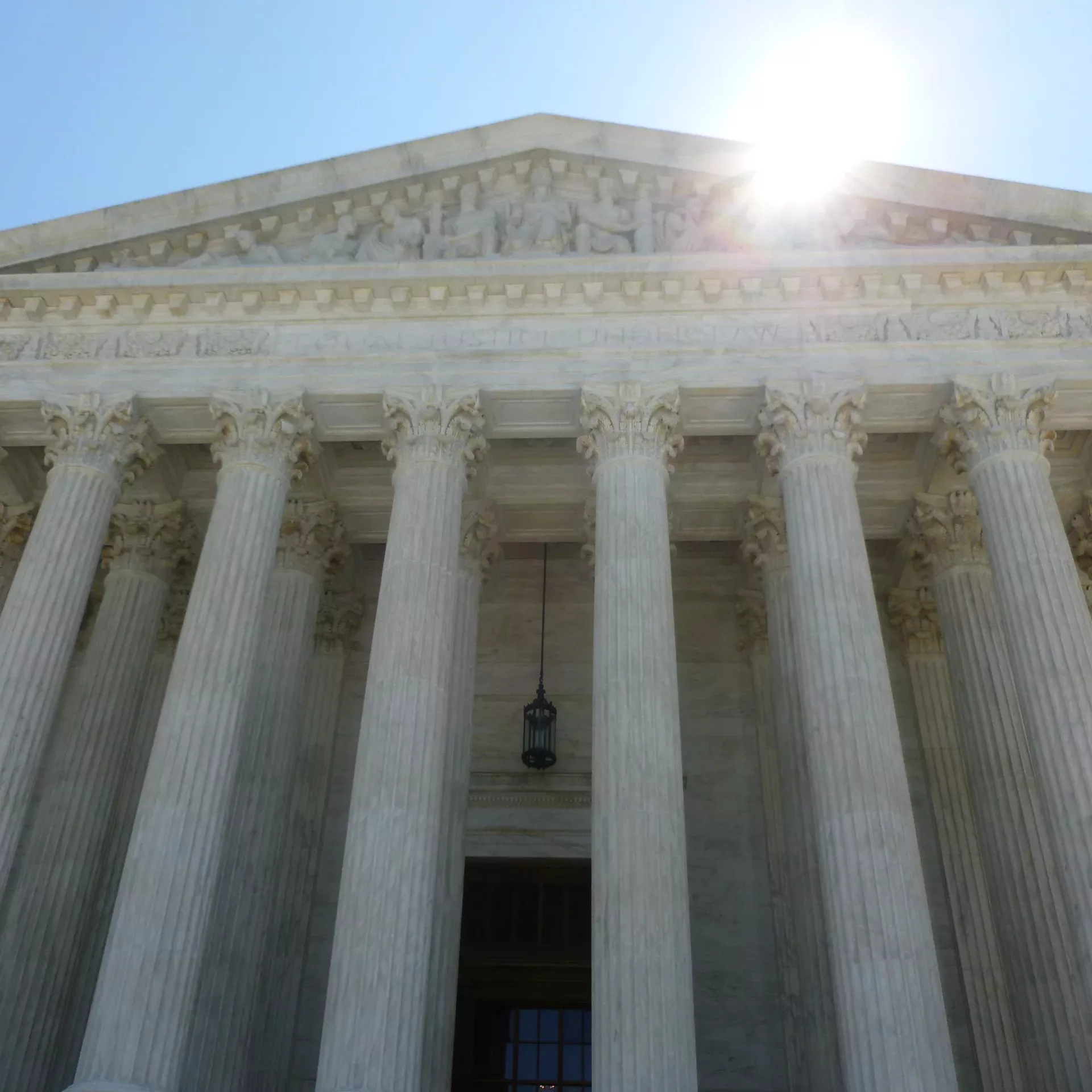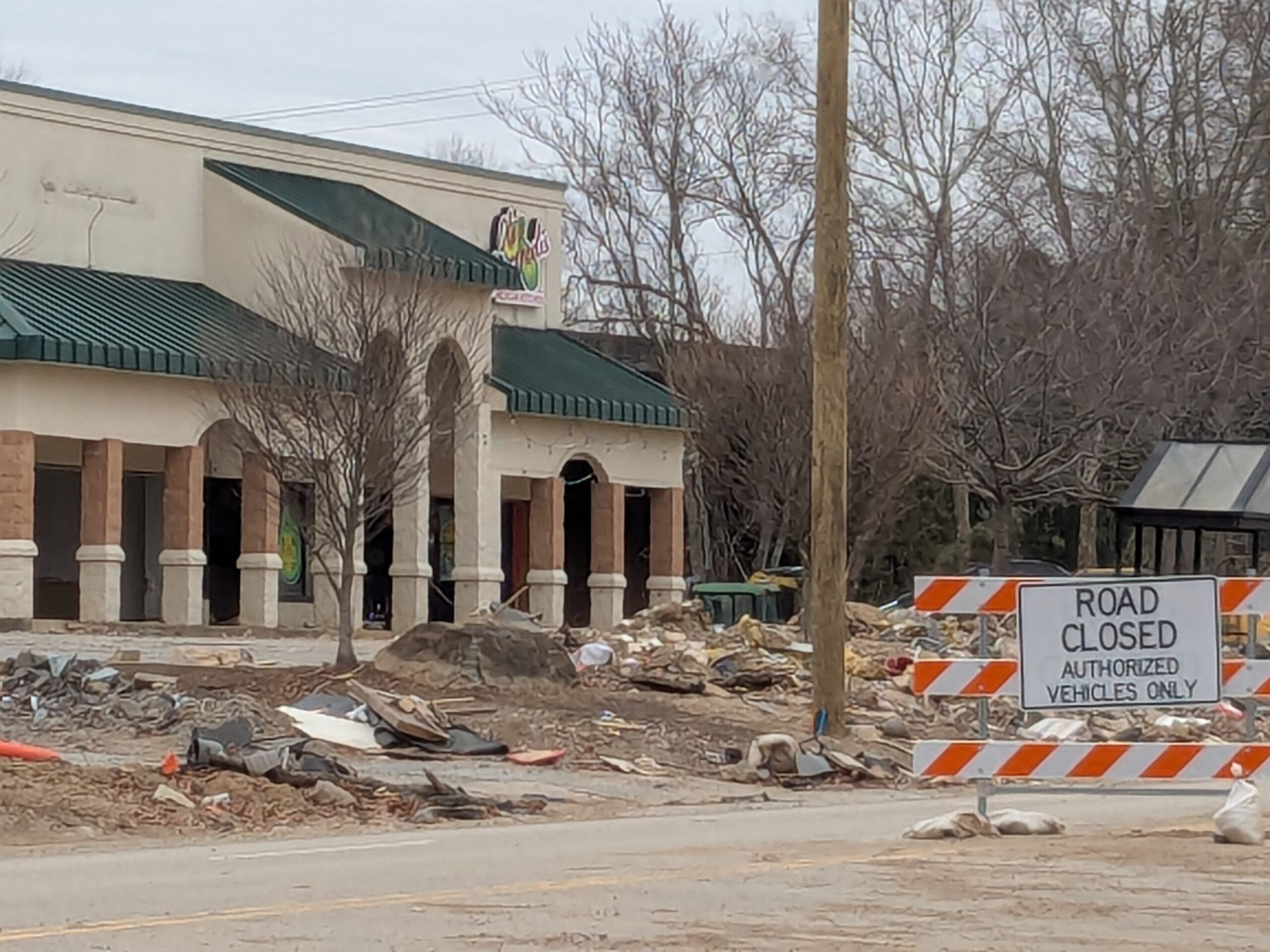WNC Citizens for Equality, a local government watchdog organization, is calling foul after the City of
Asheville diverted hundreds of thousands of taxpayer dollars earmarked for legal aid for the poor into the hands of a private group associated with Vice Mayor Sheneika Smith. From there, much of the funds disappeared into the hands of unnamed individuals as cash payouts.
The Funds
The diverted funds originated from residual funds from a class action lawsuit. In 2018, a group of developers sued the City of Asheville. The dispute involved development fees the City improperly charged developers for accessing city water. In 2019, the City and the plaintiffs settled the matter, where the City agreed to pay $1.85 million to the eligible claimants. After payment of attorney fees and eligible claims, the fund was left with $949,185.12 in unclaimed funds.
At this point, state law required that the settlement funds be provided to the Indigent Person’s Attorney Fund and to the NC State Bar for legal services for the poor. (NCGS 1-267.10). The Indigent Attorney Fund pays for legal services for criminal defendants who are unable to afford an attorney on their own. The State Bar’s legal services funds pro bono organizations that represent poor persons in civil matters. These cases might involve helping domestic violence victims obtain protective orders, helping tenants force a landlord to make an apartment habitable, or helping elderly persons obtain a refund from a questionable repairman. Many of these persons would not have access to the court system without this legal aid.
Funds Diverted from the Poor
However, rather than comply with the law, the City Council met in closed session on October 27, 2020 and proposed to award the funds to their own “charitable” purposes. City Attorney Brad Branham advised the Council that they could award the money to any “charitable organization”. Vice Mayor Gwen Wisler suggested that some of the funds be provided to the Asheville City Schools Foundation for scholarships only for “black and brown” students. (These funds were later restricted to only “black” students and became the subject of a federal civil rights lawsuit until the City agreed to not discriminate on the basis of race against students).
Shanika Smith Directs Funds to her Own Group
After Vice Mayor Wisler’s suggestion, Councilwoman Shanika Smith suggested that half of the funding go to a local group named “CoThinkk”. Councilwoman Smith is a founding member of this group. It is unclear from the minutes of the closed session whether Councilwoman Smith disclosed her ties to CoThinkk to the rest of the Council.
CoThinkk is not a Non-Profit Organization
CoThinkk is not registered as a non-profit organization, nor any other legally recognized organization,
according to the N.C. Secretary of State. CoThinkk explains on its website that it is a “giving circle” that cares about the wellbeing of communities of color in Asheville. As it is not a legal entity, CoThinkk’s funding sources and how it uses donations is completely secret. As it is not a legally recognized nonprofit, CoThinkk is not required to make annual reports or undergo any of the financial safeguards required of nonprofits under North Carolina law. CoThinkk boasts on its website that donations to the group are “completely unrestricted”. After Councilwoman Smith’s nomination of CoThinkk as a recipient of the class action funds, Council agreed to make a gift of $474,592.56 to the group. The gift was official approved by a resolution passed on April 13, 2021, and later formalized in contracts signed by the City and CoThinkk.
Where the Money Went After CoThinkk received the class action funds, much of the money disappeared into the pockets of unnamed individuals. According to CoThinkk’s April 12, 2022 report to City Council, approximately $136,000 in these funds were provided to individuals for “self care stipends”. “Self care stipends” are not defined by the report, nor are the criteria for qualifying for these cash payouts explained by CoThinkk. Additionally, an extra $32,400 in cash supplements was given to 36 unnamed applicants (again without any criteria for the cash payments listed), and another $22,288.87 was handed out to unnamed “community partners” for additional “self care packages” and “coaching opportunities”. The remaining funds seem to have been used for new staff at CoThinkk, payment for consulting partners, and to pay Eagle Market for their fiscal sponsorship.
The City, for its part, does not appear to have required any further accounting of how these funds were spent. WNC Citizens for Equality requested all documents relating to the use of the funds from the City pursuant to freedom of information laws. After the City initially refused to comply with the request, WNC Citizens filed a lawsuit compelling the documents be produced. At this point, the City handed over all documents it contends were related to CoThinkk’s use of the money. None of the documents revealed any inquiry or other interest by the City in tracking down who received the cash payments of these dollars.
The Bottom Line
The real tragedy in this story is not the City handing out hundreds of thousands of dollars to a questionable group, but that it took money meant for the most disadvantaged persons to do so. Legal Aid organizations provide the poor with what is sometimes their only remedy after abuse and fraud. Indigent defense organizations provide crucial legal services to accused poor persons. The money at stake in this matter was supposed to benefit these people. Instead, the City gave the money to Councilwoman Smith’s private group, which then gifted thousands of dollars to unidentified persons. What is worse, the City does not seem to care.
WNC Citizens for Equality is exploring filing suit against the City on behalf of poor and indigent persons to recoup these funds. It invites anyone who would economically qualify for legal aid services (any recipients of SSI, Medicaid, food stamps, or indigent criminal defendants) to contact them for possible legal action against the City. For additional information, contact us by submitting a contact form.





You can definitely see your expertise in the work you write. The world hopes for even more passionate writers like you who aren’t afraid to say how they believe. Always follow your heart.